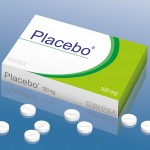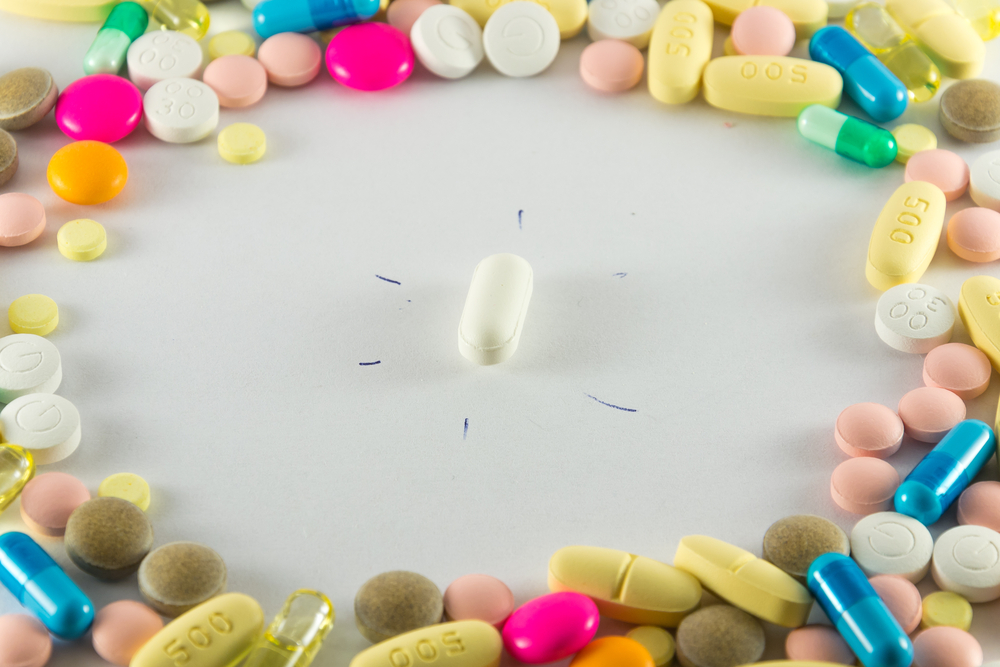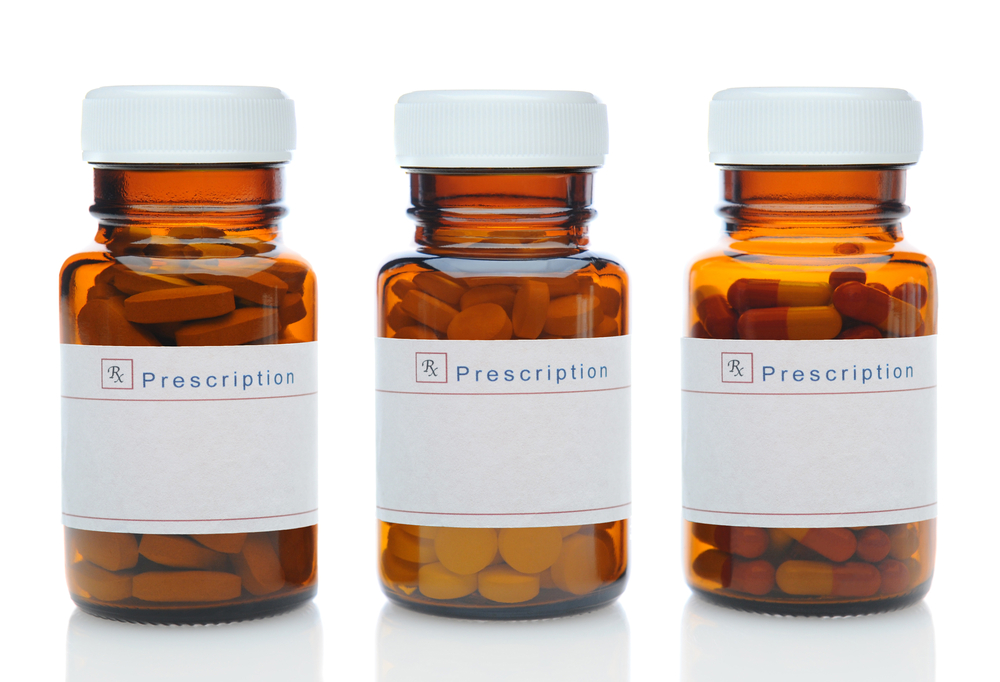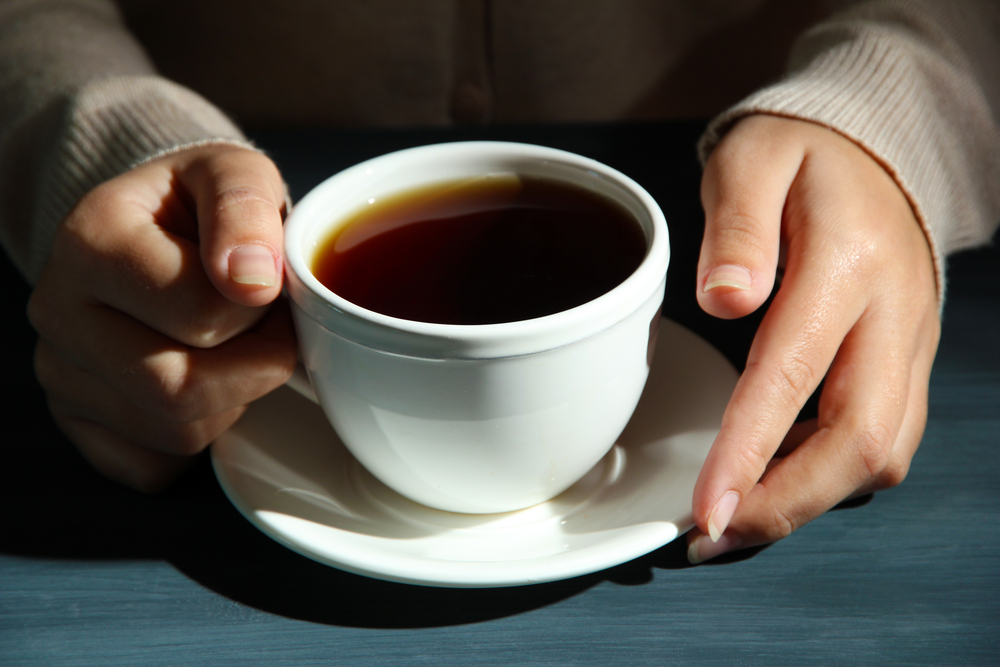
The placebo effect refers to the effect of a simulated or otherwise ineffectual treatment. It has been known about for quite a long time now (since at least 1784) and placebos are often used as control treatments in trials of medicine. The idea here is that the medicine should outperform the placebo (commonly a sugar pill) in order for it to be regarded as efficacious. (If you’re looking for a placebo primer, you should read Ben Goldacre’s piece for The Guardian from March 2008).
A very interesting series of papers and letters has been published in BMC Medicine looking directly at the placebo effect in relation to depression and the use of antidepressant medication.
A group of French psychiatrists conducted what they called a “thought-provoking network meta-analysis” of antidepressant placebos. It certainly is thought-provoking!
Naudet and colleagues (2014) argued in their introduction that some practitioners and researchers consider that most of the antidepressant efficacy reflects the placebo effect. They also noted that antidepressants have been rank ordered in terms of efficacy by Cipriani and colleagues. Naudet et al suggested that if both of these assumptions are correct then it should therefore be possible to rank order placebos, even though the placebos contain the same ingredients – sucrose. They compared the effects of placebos for Fluoxetine and Venlafaxine, two commonly prescribed antidepressants.

The evidence is piling up to suggest that the placebo effect is a genuine psychobiological phenomenon.
Methods
Naudet et al appear to have used appropriate inclusion and exclusion criteria. They reviewed studies involving adults with a diagnosis of “major depressive episode” and they compared the placebo arms of trials of Fluoxetine and Venlafaxine. This resulted in three different types of placebo:
- Fluoxetine placebo
- Venlafaxine placebo
- Venlafaxine/Fluoxetine placebo (where placebo was compared to both Venlafaxine and Fluoxetine)
Trials over a twenty year period were considered. Only reports in English, French and Spanish were included. Published and unpublished studies were sought using appropriate search terms. Studies were assessed for quality and two network meta-analyses were run. The dependent variables used were response and remission. Publication bias was also explored.

The often heated debate about the real efficacy of antidepressants shows no sign of fizzling out any time soon.
Results
Naudet et al found that:
- The three placebos were not significantly different in terms of response or remission
- Antidepressant medications were significantly more efficacious than placebos
- Venlafaxine was more efficacious than Fluoxetine
Discussion
Very interestingly, Naudet et al took a very critical stance on their own results. They noted that their results suggest that choice of placebo is not important, that antidepressants proved superior to placebos and that “sucrose equals sucrose”. That is, placebos perform equally well.
However, they suggested that some of the assumptions on which research in this area are based may be flawed. They further noted that the indirect comparison may have had low statistical power. Most interestingly, they highlighted a substantial difficulty with publication bias. They asserted that “antidepressant research is completely controlled by the pharmaceutical industry” and emphasised that of 33 unpublished studies where they asked for data from pharmaceutical companies, they were denied access to data on 30 occasions. All of the studies included in their analysis were sponsored by pharmaceutical companies. Naudet et al opined that no firm conclusions can be made based on these results.

The three placebo treatments did not differ in terms of response or remission.
Alternative perspectives
Naudet et al were relatively critical of their own results but also of those of a previous study conducted by Cipriani and colleagues. Cipriani and Geddes responded in a commentary. They argued that Naudet et al’s attempt to look at the placebo effect in a scientific way was commendable. However, they suggested that Naudet et al were too critical of their own results and that valid conclusions can be drawn from imperfect evidence. They highlighted the other part of the results which suggested that some antidepressants are more efficacious than others. They concluded that placebos should continue to be used as a control in trials of antidepressant medication and that clinicians should combine the most effective medications with some level of therapeutic contact to enhance the effects of treatment.
Naudet and Falissard responded to the commentary by highlighting that their paper was intended to provoke a response. They were in agreement with Cipriani and Geddes that care plays a key role in the treatment of people diagnosed with depression.
To be perfectly honest, I have read all of these papers a few times now and still haven’t made up my mind about what the results actually mean. As a psychologist I have been thinking in particular about how they might apply to my own discipline but have been left scratching my head in confusion.
Naudet et al have definitely succeeded in writing a thought provoking piece. I would encourage Mental Elf readers to delve into this for themselves!

Prescribing a placebo does not equate to no treatment, because the healthcare setting itself should include all kinds of supportive and therapeutic elements.
Links
Naudet F, Millet B, Charlier P, Reymann JM, Maria AS, Falissard B. Which placebo to cure depression? A thought-provoking network meta-analysis. BMC Med. 2013 Oct 25;11:230. doi: 10.1186/1741-7015-11-230.
Cipriani A, Geddes JR. Placebo for depression: we need to improve the quality of scientific information but also reject too simplistic approaches or ideological nihilism. BMC Med. 2014 Jun 25;12:105. doi: 10.1186/1741-7015-12-105.
D’Souza U. Mood disorders: Exploring the placebo effect, improving treatment and the promise of pharmacogenetics. BioMed Central blog, 25 Jul 2014.
Goldacre B. All bow before the might of the placebo effect, it is the coolest strangest thing in medicine. Bad Science, 1 Mar 2008.
Goldacre, B. The placebo effect (video). NHS Choices, Jan 2010.
Rutherford BR, Roose SP. A model of placebo response in antidepressant clinical trials. Am J Psychiatry. 2013 Jul 1;170(7):723-33. doi: 10.1176/appi.ajp.2012.12040474.
Naudet F, Falissard B. Does reductio ad absurdum have a place in evidence-based medicine? BMC Med. 2014 Jun 25;12:106. doi: 10.1186/1741-7015-12-106.


@Mental_Elf adds to the case that #mentalhealth is an art as well as science, still much to explore & understand…
Placebo for depression: are some sugar pills better than others?: Joe Judge revels in a new network meta-analy… http://t.co/06lIkMlLNr
RT @Mental_Elf: Placebo for depression: are some sugar pills better than others? http://t.co/uR0PhXhxlU
@mental_elf would have been interested in the response to ur tweet had u substituted the word homeopathy for placebo! #samedifference
‘Placebo for depression: are some sugar pills better than others?’ Thought provoking stuff from @mental_elf http://t.co/hY7i72Z4qL
@mental_elf certainly a significant contributary factor to the effectiveness of ECT is the ceremony & drama of the intervention.
My latest blog for @Mental_Elf on the placebo effect. Do some placebos perform better than others? – http://t.co/rfhOriQAvg
@JoeJudgePsy @Mental_Elf Bringing healthcare setting, support and relationships back into the mix, great blog!
@JoeJudgePsy @Mental_Elf a great read – looking forward to reading more of your blogs :-)
@carotomes @Mental_Elf Thank you. Glad you enjoyed it.
Olivia Cialdi liked this on Facebook.
Today @JoeJudgePsy on a “thought-provoking network meta-analysis” of antidepressant placebos @BMCMedicine http://t.co/RJHR68vnVg
The Mental Elf liked this on Facebook.
Bethan Davies liked this on Facebook.
What are the drug companies hiding from us? More on the placebo effect in today’s @Mental_Elf blog http://t.co/g54ugLShDl
@josephine_n @Mental_Elf Were a Doctor to give a placebo to a depressed patient who then kills themselves what then?
.@bengoldacre The placebo effect in depression: a genuine psychobiological phenomenon? http://t.co/RJHR68vnVg
Caroline Tomes liked this on Facebook.
Interesting stuff from @Mental_Elf: The placebo effect in depression: a genuine psychobiological phenomenon? http://t.co/ANiWreN1Rc
Mosaic Training Consultancy Ltd liked this on Facebook.
Eamonn Duffy liked this on Facebook.
“Antidepressant research is completely controlled by the pharmaceutical industry” Should we just stop all research? http://t.co/RJHR68vnVg
@Mental_Elf @CreativeAspie it needs to be independent, there’s definitely a conflict of interest
@Mental_Elf @CreativeAspie And child #psychology is controlled and researched by corrupt Advertising companies, not the #NHS #itsallwrong
@Mental_Elf No but who sponsored it should be at the top of every page and at the beginning of every sentence where claims are made
@Mental_Elf The only antidepressant children licensed to be given to children in the UK is Prozac even though it is like others-who decided?
@Mental_Elf it’s sooooo wrong, pharma in cahoots with researchers = doped up results
“Prescribing a placebo [for depression] does not equate to no treatment” http://t.co/RJHR68vnVg
“Prescribing a placebo for depression does not equate to no treatment” http://t.co/PSEzJHpUK4 via @Mental_Elf
RT @Mental_Elf: The placebo effect in depression: a genuine psychobiological phenomenon? http://t.co/2l2FqYDFvq
Network meta-analysis finds that 3 antidepressant placebos did not differ in terms of response or remission http://t.co/RJHR68vnVg
@Mental_Elf I’m taking fluoxatine (daforin or prozac) and seroquel for depression. I’m less paranoid but not less sad. x
Placebo has best harm/benefit ratio of any medicine ever invented http://t.co/VKscdmoabu
@Mental_Elf @And_Cipriani
“@AllenFrancesMD: Placebo has best harm/benefit ratio of any medicine ever invented http://t.co/A8rSFTFr3i
@Mental_Elf @And_Cipriani”
@GrahamCLDavey @AllenFrancesMD @Mental_Elf RE Placebo best harm/benefit ratio of any medicine ever. Introduicng silliness into debate.
Placebo for depression: are some sugar pills better than others? http://t.co/UdwuHkMiO1 via @sharethis via @Mental_Elf
RT @HerHealthySelf: Placebos, #depression, & bad #pharma: researchers asked for 33 unpub’d studies; denied 30 http://t.co/0jCdjA7qek #alltr…
RT @Mental_Elf: “We need to improve the quality of scientific info but also reject ideological nihilism” @And_Cipriani @OxPsychiatry http:/…
Check out my latest blog for @Mental_Elf today. “Are some sugar pills more effective than others?” http://t.co/4iTLP5f4G3
The fascinating (and sometimes heated) debate about antidepressants, placebos and depression continues! http://t.co/uR0PhXhxlU
Excellent @Mental_Elf: Different looking placebos have same effects. Antidepressants work but not all the same http://t.co/X1afJP96hk #EBP
Vivien Rinks liked this on Facebook.
Interesting blog from @JoeJudgePsy for @Mental_Elf on placebo effect. Do some placebos perform better than others? http://t.co/BLhLyefPoN
Placebo for depression: are some sugar pills better than others? http://t.co/N72oZOtGfG via @Mental_Elf
[…] Placebo for depression: are some sugar pills better than others? […]
[…] placebo effect in relation to depression and the use of antidepressant medication. You can find it here along with a placebo primer by Ben Goldacre […]